How do cities lose their mayors?
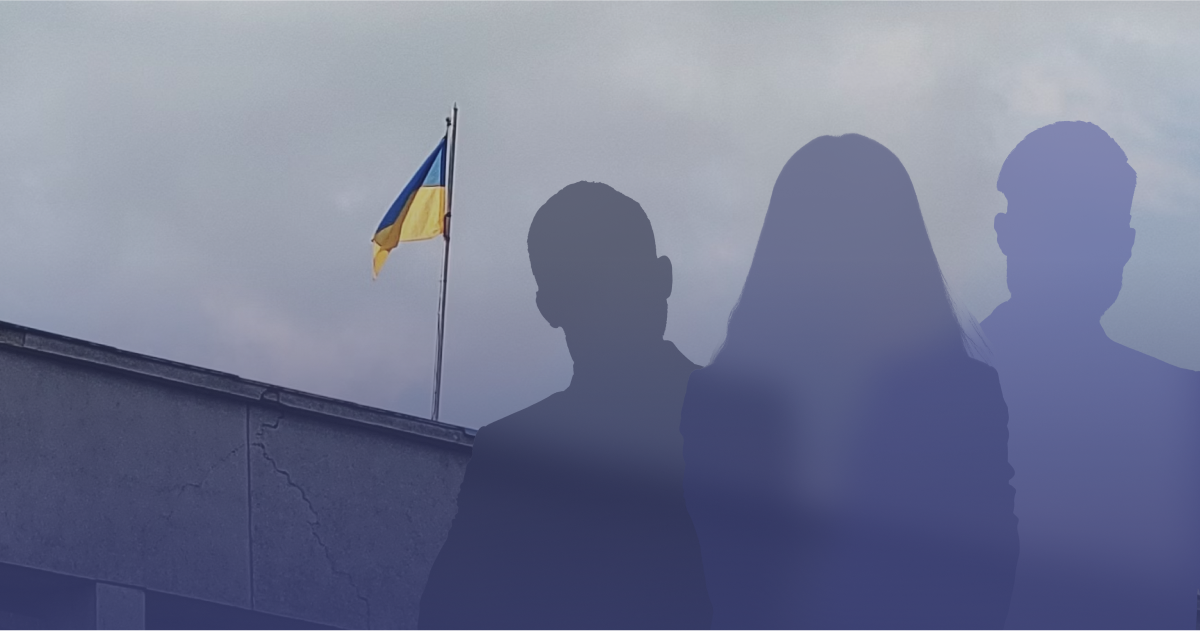
October 2020. It was the last local elections in Ukraine. Mayors are elected for a five-year term, yet within three years, the leaders of Ukrainian cities get involved in corruption cases or change their positions.
At the same time, elections are prohibited during martial law in Ukraine. So, there are currently seven regional centres without mayors. How does it work?
This text is not a call for early elections. We have dedicated a separate article to the issue of elections under martial law — read it at svidomi.in.ua. This text is an attempt to record the situation in Ukraine's regional centres and look at the architecture of regional politics in recent years.
This article will not focus on military administrations (except for the Kherson RMA), as presidential decrees appoint their heads. We will focus on mayors who can only be replaced or reappointed with elections.
Poltava and the "housewives' case"

Oleksandr Mamai has been the mayor of Poltava since 2010. In 2018, city council members expressed distrust towards him, but the mayor was re-elected in the 2020 elections.
During the full-scale war, the Security Service notified Mamai of suspicion for disseminating information about the deployment of the Armed Forces. He faced up to 12 years in prison, but the court did not take him into custody.
Nevertheless, Mamai lost his position due to another proceeding — embezzlement of the local budget.
The investigation revealed that Mamai had hired two people from the municipal utility company to do housework for the mayor and his inner circle. They were paid by the utility company, whose director and accountant were in cahoots with Mamai. During the "work" of the housekeepers, the local budget lost 570,000 UAH.
On March 2, the High Anti-Corruption Court approved an agreement between the prosecutor and Mamai: the mayor compensated for the losses, pleaded guilty, and pledged to transfer UAH 2 million to the Drone Army — the court sentenced him to five years in prison and deprived him of the right to hold administrative positions for a year, but the mayor was released on probation for one year.
Initially, the city council secretary, Andrii Karpov, was acting mayor. Still, in July, local deputies removed him from office because, according to Eduard Volkov, a deputy from Ridne Misto (Hometown), he was not fulfilling his duties and failing to convene city council meetings.
The European Solidarity party, represented by Karpov, claimed that decentralisation was being destroyed but noted that it had received complaints against the deputy.
At the same meeting, Kateryna Yamshchykova, a Sluha Narodu (Servant of the People) deputy and military servicewoman, was elected acting secretary of the mayor of Poltava. In September, she announced she was pregnant but was not going on maternity leave.
Zaporizhzhia and the confrontation between the mayor and the secretary
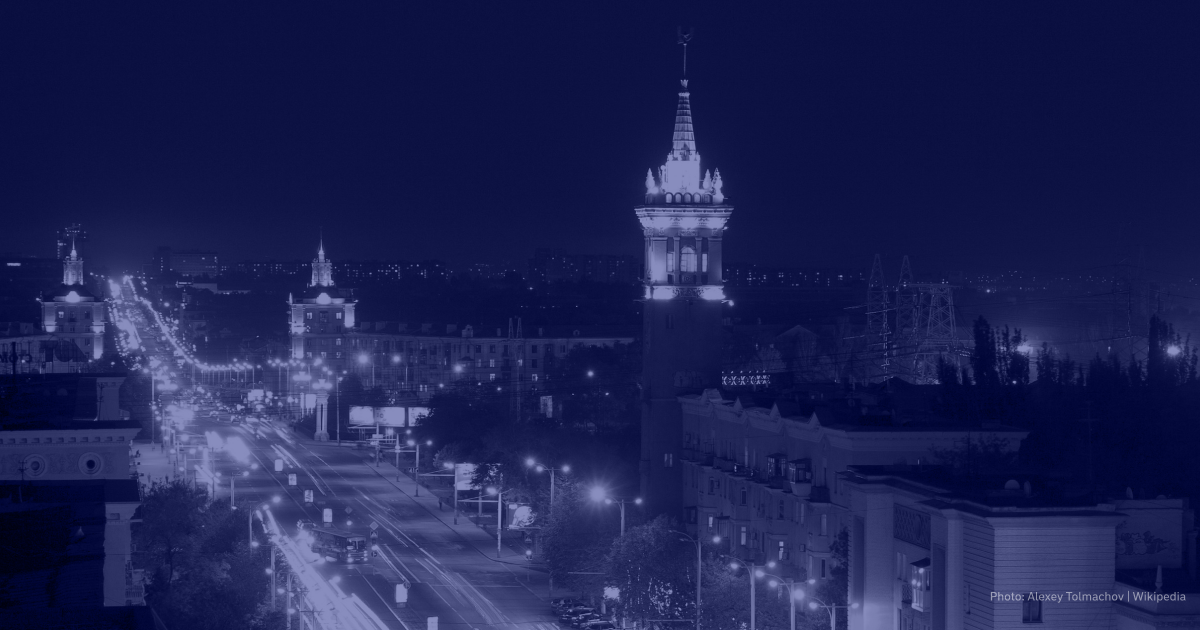
In this list of cities, Zaporizhzhia has the most extended history without a mayor. The elected mayor, Volodymyr Buriak, resigned in September 2021. He cited health reasons, but a conflict with deputies preceded this.
In June 2021, Buriak fired the city council secretary, Anatolii Kurtiev, for making false statements in his electronic declaration. After that, the deputies began to ignore the sessions — the city council hardly worked for two months.
The Servant of the People Party, of which Kurtiev is a member, filed a collective statement with the regional prosecutor's office and the police to cancel the mayor's order and reinstate Kurtiev. He responded by filing a lawsuit and writing a statement to the police.
The head of the Servant of the People faction in the Zaporizhzhia City Council, Rehina Kharchenko, said that the deputies saw signs of "illegal dismissal of a person for personal reasons" in the mayor's actions.
During the confrontation, the police and the prosecutor's office searched the Zaporizhzhia City Council Office and Volodymyr Buriak's home. According to the pre-trial investigation, Buriak received bribes from the heads of municipal institutions and heads of district state administrations.
In Zaporizhzhia, there were rallies of supporters and opponents of the mayor. Buriak claimed "pressure not seen since Yanukovych's time" due to the fall in the rating of the central government and the political force.
Eventually, Kurtiev was reinstated on September 3, 2021, and on September 29, Buriak resigned and left Kurtiev in charge of Zaporizhzhia.
In August 2023, the NACP monitored the lifestyle of the city council secretary and found signs of illicit enrichment worth more than nine million hryvnias.
In his 2020 declaration, Kurtiev did not indicate any monetary assets, and the State Register of Taxpayers shows that his income would not have allowed him to accumulate the seized amount during 2021-2022. Kurtiev suggested that "certain individuals may be interested in misleading the controlling authorities".
The NACP sent the conclusion on Kurtiev's illicit enrichment to the NABU for pre-trial investigation. Kurtiev remains in office and is currently acting mayor of Zaporizhzhia.
Chernihiv and the mayor who was "saving his family"
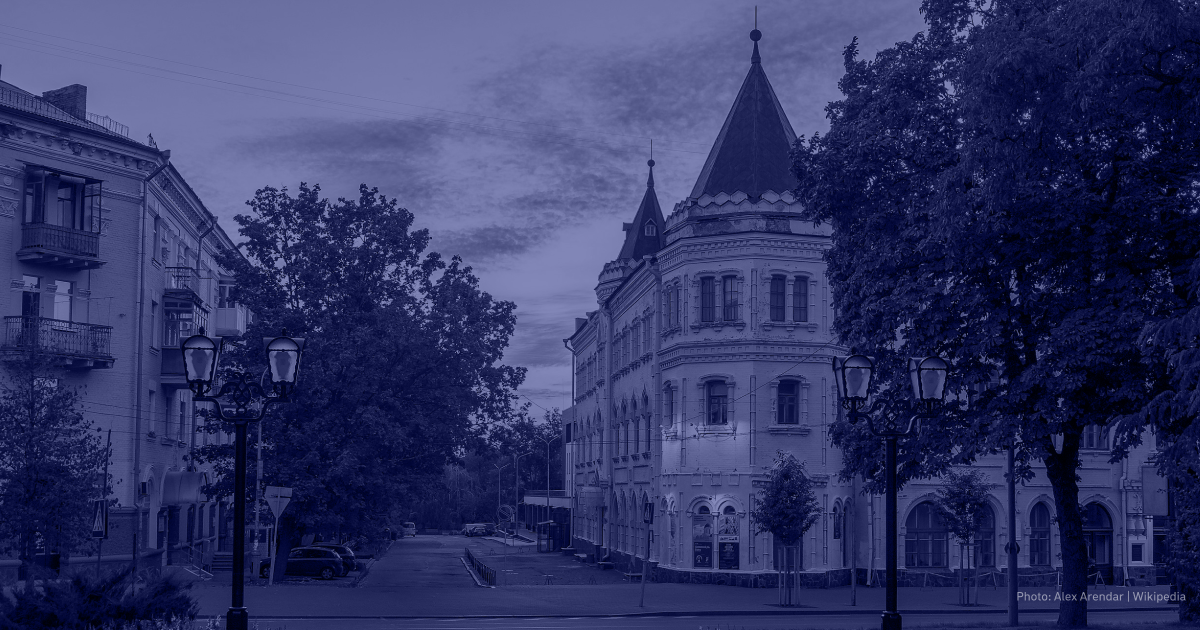
In December 2022, a court fined Chernihiv Mayor Vladyslav Atroshenko and deprived him of his right to hold office for a year.
In August 2022, the mayor ordered his driver to take his wife's Tesla Model X abroad. This was seen as a conflict of interest, as the driver only provides transport services to the mayor when performing his official duties.
Atroshenko claimed pressure from the President's Office on the judge, democracy and local government.
I understand, Mr President, that it is difficult for your subordinates to see the law from the window of a new Porsche; it is difficult to understand people, residents of dilapidated Chernihiv, and to realise the main thing: there is a war in the country. And during the war, local self-government became another front... You once said Ukraine's biggest mistake was its complacent attitude towards Russia. A worse mistake can only be a dismissive attitude towards the people of Ukraine,
he wrote.
In an interview with Radio Liberty, Atroshenko said that he was "saving his family" because, during the occupation, Russian troops would have used his family to put pressure on him. However, according to the NACP, the driver took the car out in August 2022, while Chernihiv region was de-occupied in March-April.
The Secretary of the Chernihiv City Council, Oleksandr Lomako, became the acting mayor. On 26 October, officers of the State Bureau of Investigation searched his home due to his business trip abroad. Lomako remains in office and is currently acting mayor.
Sumy and the mayor who demanded bribes
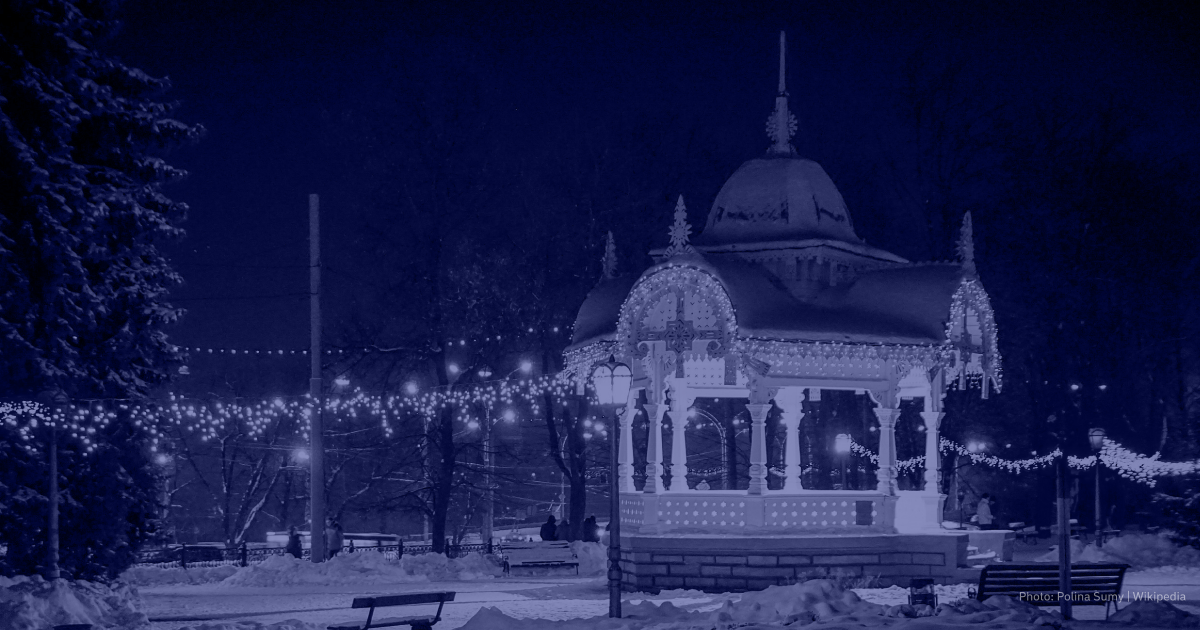
On October 2, the National Anti-Corruption Bureau, the Special Anti-Corruption Prosecutor's Office and the Security Service caught Sumy Mayor Oleksandr Lysenko and the city's Infrastructure Department director on bribery.
According to the investigation, the officials extorted money from the company by threatening to create artificial obstacles to its operations. The total amount of the bribe was UAH 2.13 million.
The High Anti-Corruption Court suspended Lysenko from office until December 9.
He was released from custody on bail of three million hryvnias.
Sumy City Council Secretary Oleh Rieznik is currently serving in the Armed Forces, so Yulia Pavlyk, the executive committee's administrator, has taken over as mayor of Sumy.
On November 1, 2023, Volodymyr Zelenskyy issued a decree establishing a City Military Administration in Sumy. It was headed by Oleksii Drozdenko, a senior reserve lieutenant, dean of the Faculty of Electronics and Information Technology at Sumy State University and deputy head of the Sumy Regional Military Administration for Digital Transformation.
The head of the Sumy Regional Military Administration, Volodymyr Artiukh, said that the Sumy City Council and its executive committee would continue to work, but their powers would change.
After two weeks in office, Oleksii Drozdenko said the structure and staff of the Sumy CMA had been approved. He noted that "high-quality cooperation" had been established with the city council deputies, and they were preparing to sign a memorandum that would define the mechanism of interaction between the parties.
"We have a unique opportunity to demonstrate the consolidation of the military administration and the Sumy City Council. I attended a meeting of the deputy commissions on budget and municipal property. The deputies work in a consolidated and united manner. The issues of Sumy residents are being resolved. Those in doubt are removed from consideration or sent for revision," said the head of the CMA.
Kherson, after the Russian occupation
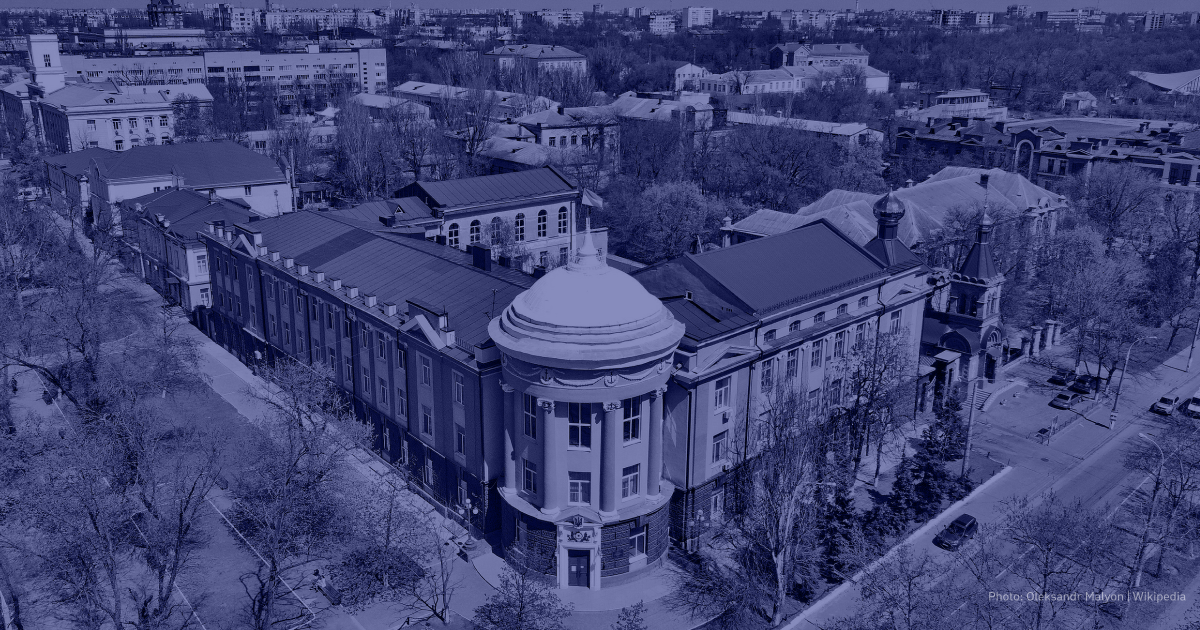
In Kherson, such cooperation between the civilian and military administrations has not been established.
Kherson is the only regional centre that the Russians temporarily occupied after the start of the full-scale war. It was liberated in November 2022, but Russian troops still shell the city daily.
During the occupation, Mayor Ihor Kolykhaiev remained in the city, continued working, and claimed that Kherson residents saw themselves only as part of Ukraine.
On June 28, 2022, Russians abducted him. According to his adviser, Halyna Liashevska, the mayor was detained when he arrived at a utility company. She is sure Kolykhaiev was arrested because he refused to cooperate with the occupation authorities.
On September 13, 2023, the International Committee of the Red Cross confirmed the status of the mayor as a prisoner of war. The Russian side included the mayor in the list of prisoners of war held on the territory of the Russian Federation. The Defence Intelligence of Ukraine also confirmed his status as a prisoner of war.
Halyna Luhova, the city council secretary, assumed the mayor's powers. In September 2022, the President established a city military administration in Kherson and appointed Luhova as its head.
On March 2, 2023, Zelenskyy dismissed the official and appointed Roman Mrochko as the head of the Kherson City Military Administration. Luhova told Novyny Pryazovia that the news came to her "like a bolt from the blue" and noted that she would continue to serve as the city council's secretary.
On June 12, Mrochko dismissed Luhova. He explained that he did not need a secretary because the council did not work when the Russians were shelling the city.
"The deputy corps did not stop its work but suspended it. The question is how the secretary of the city council can be dismissed. There are certain legal conflicts, but to dismiss the secretary, the second official in the city after the mayor? Now, there is no mayor, secretary, or head of the military administration, and who will run the city?" Luhova said in a video message.
She filed a lawsuit with the Odesa District Administrative Court, but the court dismissed the claim, arguing that the court has no right to interfere with the internal competence of the city council.
In a comment to Svidomi, lawyers of the Civil Network OPORA explain that such a conclusion is formal and does not resolve the dispute on the merits.
The argumentation of the head of the Kherson CMA that 'there is no need to exercise the powers of the Secretary of the Kherson City Council' does not allow us to assess the decision [of Roman Mrochko] as rational and properly motivated,
the lawyers note.
Although the head of the administration is entrusted with the exercise of local self-government power in Kherson, the management of the Kherson City Council has not been suspended and should be restored 30 days after the end of martial law.
Kropyvnytskyi and the mayor who changed his position
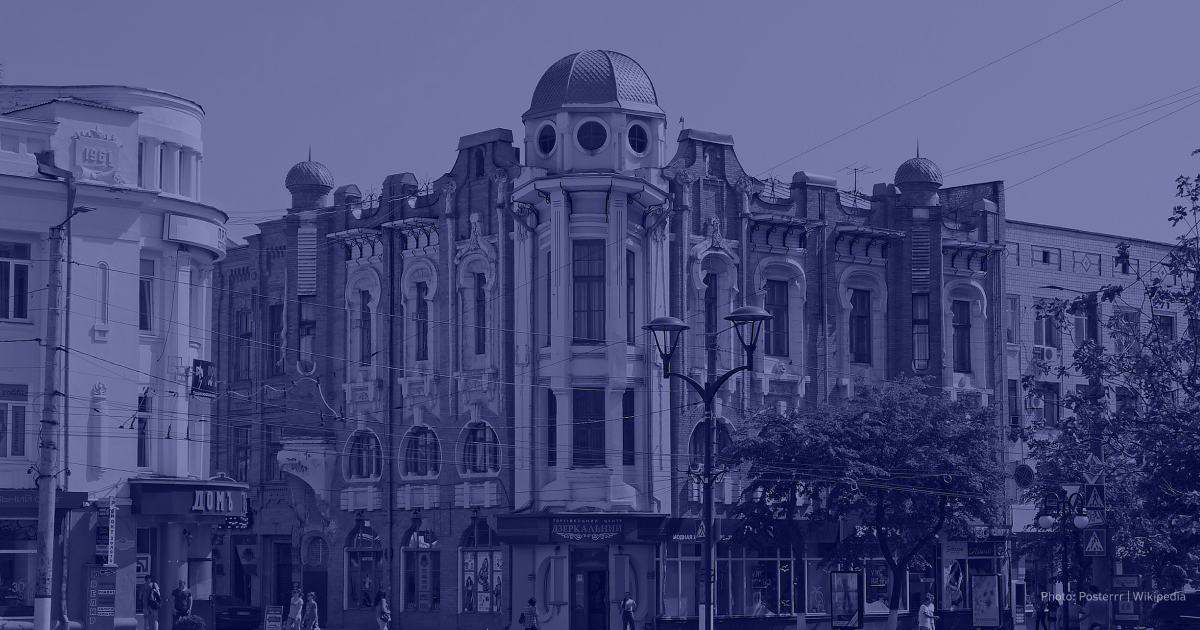
At the beginning of the full-scale invasion, Volodymyr Zelenskyy appointed Kropyvnytskyi Mayor Andrii Raikovych as the head of the Kirovohrad Regional State Administration, and during martial law, the head of the Regional Military Administration.
The previous head of the region, Mariia Chorna, did not explain the reasons for her dismissal and expressed confidence that "there was going to be order in the region".
Instead of Raikovych, his deputy, Oleksandr Mosin, is "restoring order" and exercising his powers in the city. The secretary, Oleh Koliuka, organises the city council and its executive committee meetings.
Rivne and the employment of sponsors

Oleksandr Tretiak was elected mayor of Rivne in 2020. Maria Korniichuk, among others, was a sponsor of his election campaign, contributing UAH 45,000 to his campaign fund.
The National Agency on Corruption Prevention (NACP) drew up a conflict of interest report against Oleksandr Tretiak because, after being elected mayor, he initiated the appointment of Korniichuk as manager of the executive committee of the Rivne City Council as a token of gratitude. He then provided her with the maximum possible healthcare allowance, bonuses and allowances for "high achievements in work".
On July 10, 2023, the court found Tretiak guilty of a corruption-related administrative offence and suspended him from office for a year.
The official wrote on social media that he did not admit guilt, calling the case a "mockery of the law", a "dirty job", and an "attack related to local political ambitions and administrative pressure". Tretiak is a representative of the opposition European Solidarity party.
Moreover, this is part of an attempt to destroy local self-government in Ukraine. Corrupt forces are trying to do everything possible to deprive communities of the opportunity to govern on their territory within their competence,
Oleksandr Tretiak wrote on Telegram.
He tried to appeal the court's decision but was rejected. Viktor Shakyrzian, the secretary of the Rivne City Council, became the acting mayor.
Mayors who could have been on the list
Odesa could also be on the list of regional centres without mayors. In May, the High Anti-Corruption Court ruled to take Hennadii Trukhanov into custody, but he was released on bail of over UAH 13 million.
Trukhanov is one of the defendants in the case of embezzlement of over UAH 92 million by purchasing the premises of the former Kraian plant for twice the price. The court ordered him to wear an electronic bracelet but did not extend the measure of restraint on July 26.
In an interview with Radio Liberty, Trukhanov said he did not admit his guilt, considered the case politically motivated, and named former Odesa Oblast head Mikheil Saakashvili, who has been under arrest in Sakartvelo since 2021, among the interested parties.
Court proceedings were also opened against Ternopil Mayor Serhii Nadal. According to the NACP, he had received maximum bonuses for a year and a half, which could reach 250% of his official salary.
The Ternopil City Council called the information unreliable. They claim that the amount of the mayor's bonus is determined by the relevant commission set up by the council's executive committee. On April 19, the Ternopil City District Court closed the proceedings.
Pressure from the centre or fight against the dishonest?
Oleksii Koshel, head of the Committee of Voters of Ukraine, identifies two problems with city governments: unjustified military administrations and political motivation to remove mayors.
He says this issue should be considered more broadly, as it is not only about regional centres. For example, in the village of Hostomel in the Kyiv region, the head of the military administration was appointed after the death of the community head. In early March 2022, the Russian military shot and killed the head of the Hostomel community, Yurii Prylypko, while he was distributing humanitarian aid. On March 21, 2022, the President established a military administration.
I believe that in the first stages after the de-occupation, the creation of military administrations was fully justified. However, local self-government faces problems because the military administration can perform specific functions quite effectively, such as constructing defence lines. Still, when it comes to sewers, water supply, garbage collection and several other issues, the elected authorities would be more capable because they already have the skills and experience,
explains Oleksii Koshel.
As an example of the second problem, the head of the Committee of Voters of Ukraine cites the mayor of Chernihiv, whose powers were terminated early, which, according to Koshel, contradicts the current legislation.
The Chernihiv mayor was held administratively liable by a court decision, but at the same time, he was suspended from his duties as mayor for one year. You don't need to be a lawyer to see a certain political motivation in such decisions and a gross violation of the current legislation. We have no grounds to say that all proceedings against mayors have a political component. Still, we can say that about some of them,
says the head of the Committee of Voters.
Local elites and the opposition claim pressure on self-government and attempts by the central government to appoint "their" people. These accusations can be understood if we look at the balance of power in the regions and how many mayors did not see the end of their term.
The allegations seem partially justified when, in Poltava, the secretary of the city council from the European Solidarity Party is replaced by a deputy from the Servant of the People; in Kherson, the appointed head of the military-civilian administration takes away the powers of the city council secretary, who is supposed to act as mayor; and in Zaporizhzhia, the mayor's corruption is forgotten as soon as he gives the chair to the Servant of the People secretary.
But the mayor is an elected position, not an indulgence or an integrity indicator. Therefore, the public can only monitor whether justice is being administered selectively in the regions and who becomes the head of city administration.


